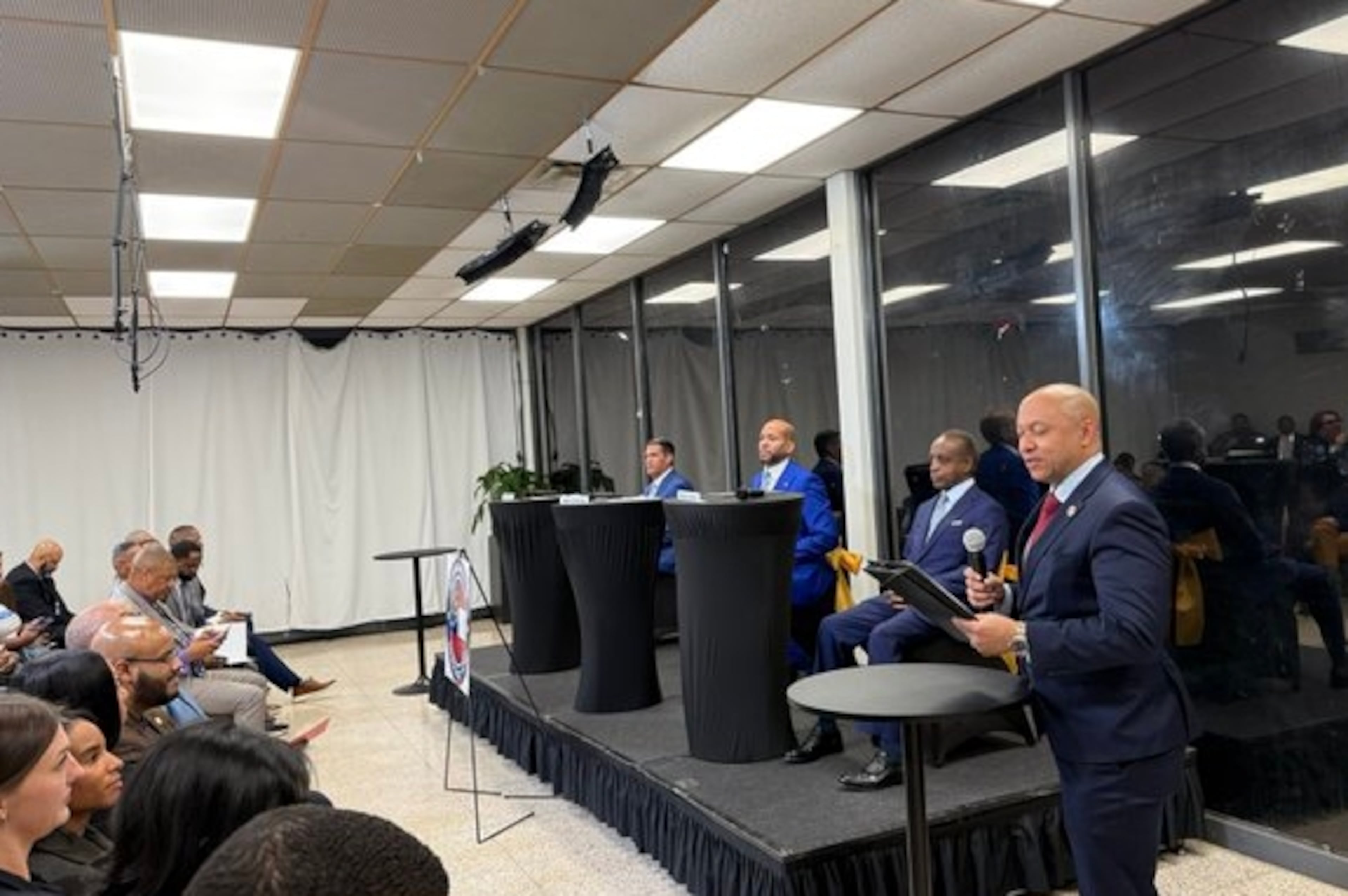Georgia’s attorney general is asking the state Supreme Court to reinstate the abortion ban

The Georgia attorney general’s office has asked the state Supreme Court to reinstate the restrictive abortion law that a Fulton County judge struck down earlier this week.
In a court filing, Georgia Solicitor General Stephen Petrany asked the justices to “affirm basic constitutional principles” and put on hold an order made by Fulton Superior Court Judge Robert McBurney earlier this week, which determined the state’s abortion law violated the state constitution because it denied a woman’s right to liberty by not allowing her to make decisions about her own body.
In 2019, Georgia passed a law that bans most abortions once a medical professional can detect fetal cardiac activity, typically about six weeks into a pregnancy and before many know they are pregnant. The law took effect in 2022 after the U.S. Supreme Court overturned Roe v. Wade, which had guaranteed the national right to an abortion for nearly 50 years.
In its request, the state said there is no right to an “elective abortion” in the Georgia Constitution, adding that the right to privacy doesn’t include abortion because it “always harms a third party.”
“Every day that illegal abortions continue is another day that the lives of tiny, unique individuals are ended. There are toddlers alive today because this Court stayed the superior court’s previous order,” Petrany wrote in the motion.
In a press release, American Civil Liberties Union attorneys, representing abortion rights advocates and providers, said they were “disappointed but not surprised” by the request from the state.
“It’s clear that the state of Georgia has taken an extreme position to have control over decisions about reproductive rights,” said Andrea Young, executive director of the ACLU of Georgia. “We have already seen the tragic consequences of this extreme policy, and we will continue to fight in the courts and at the ballot box.”
Two weeks ago, the nonprofit news organization ProPublica first reported that two Georgia women, Amber Thurman and Candi Miller, died from abortion-related complications in the months after the law took effect in 2022.
Monday’s ruling comes after the state Supreme Court last year reversed a 2022 ruling from McBurney in which he said the 2019 law had been passed illegally since Roe v. Wade was the law of the land at the time.
That sent the case back to McBurney last November, who was asked to rule on the constitutionality of the law. That timeline is something Petrany noted in his court filing.
“The superior court itself impliedly determined that plaintiffs are unlikely to be seriously harmed, otherwise it would not have waited nearly a year after remand to issue its short (26-page) opinion,” he said in his 27-page motion.
Julia Kaye, senior staff attorney with the ACLU Reproductive Freedom Project representing the plaintiffs, called the motion “appalling and cruel.”
“Even after a judge ruled that Georgia’s abortion ban violates Georgians’ fundamental rights and freedoms — and even after the devastating reporting that the ban is the reason Candi Miller and Amber Nicole Thurman are not alive with their families today — Gov. (Brian) Kemp and AG (Chris) Carr are using every tool at their disposal to try to put this dangerous ban back in place,” Kaye said.





